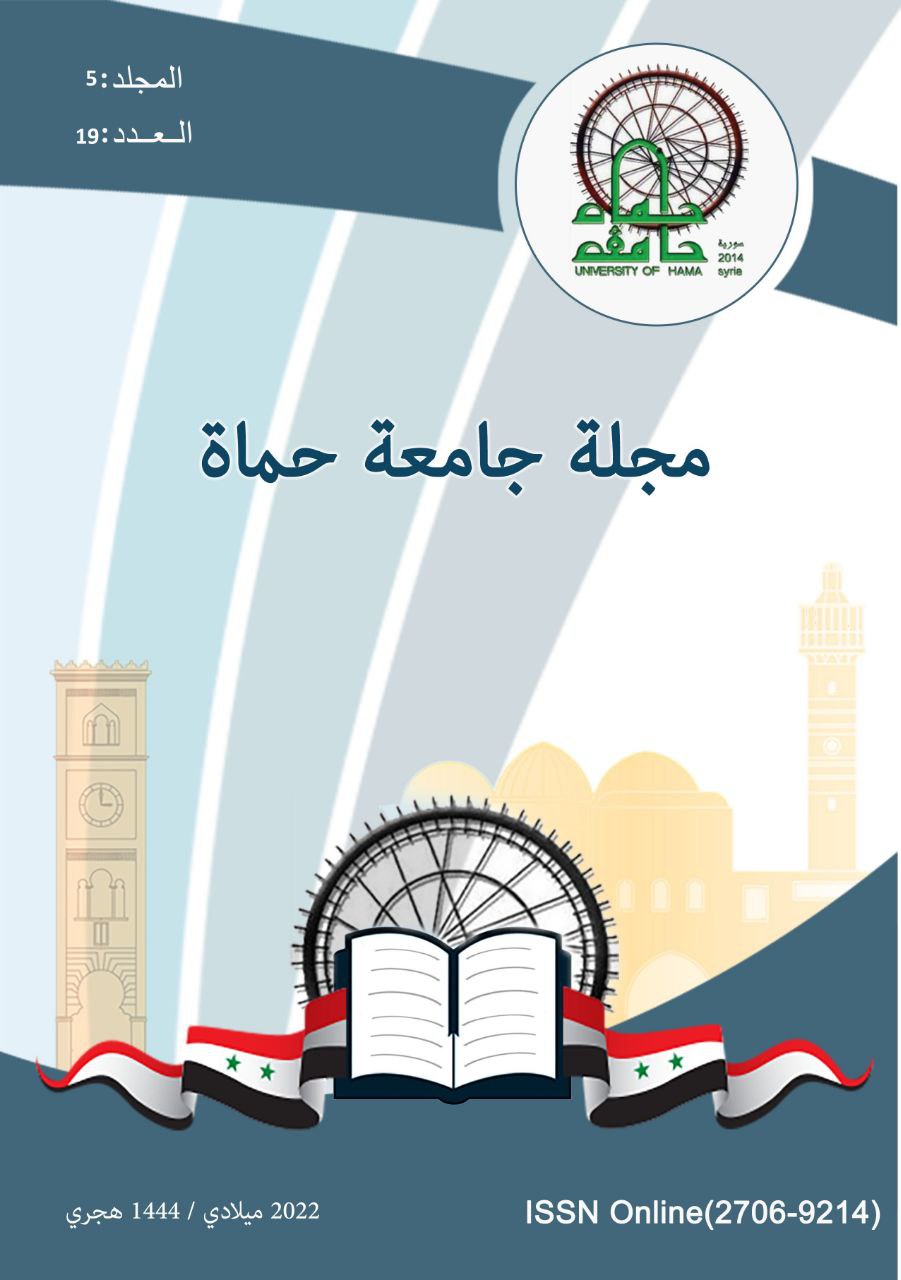Narratology
الملخص
This paper deals with 'narratology' as a merely theoritical subject, in which stress is placed upon further enhancing this discipline [science], through shedding light on the theoritical and critical efforts that contributed to its foundation, particularly those of the Russian Formalists; and their tendency to develop a special literary science derived from within rather than without literature. As was the case with the aesthetical theories and critical approaches, they had revolted. Narratological aspects had gradually materialized with Jacobson's coinage of 'poeticity', which he defined as 'literariness' by which distinction between the literary and none-literary can be made. Vladimir Propp, then, played a major role in this critical movement, through his research "The Fairy --Tale Morphology", in which he dealt with two levels of the fairy tale: story-telling and main [narrative] body. After that Tomashevsky introduced two terms, i. e. "narrative" and "narrative techniques" in any narrative text. These efforts have been considered as the initial sources leading to the geneses of narratology, fully developed by Anglo-Saxon and French strucuralists, who had two cognitive approaches in their dealing with the concept of 'narratology': the De Saussurean linguistic and the formaliststructuralist approach. These efforts culminated in Tzvetan Todorov's call in the mid-1960s of the elapsing century to establish a special discipline for narratology "this [is] specialized in a science, yet to exist, let's call it narratology, i.e. the science of the narrative text." The scholar [Todorov] distinguished between narrative theory and narratology. He also traced the terms on which this discipline is based, particularly the binaries of "story / narrative [material]", " [narrative] body / point of view", "text / discourse". Given that, narratology has derived its concepts and terminology from the narrative [oeuvre], this science, like any other one, is in constant formulation and development. This can be recognized through naming modernist narratology, which had been achieved by structuralists, by postmodernist theorists, as classical narratology, vis a vis postmodernist narratology: postclassical narratology, cognitive narratology, naturalist narratology, and counternarratology.


